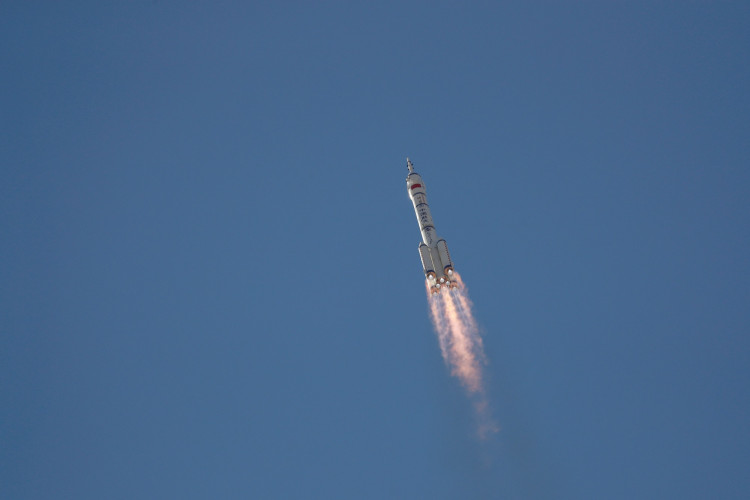In a recent post that went viral on China social media, Yang Liwei, China's first astronaut, recalled the events of the Shenzhou 5 mission, including a 26-second deadly experience owing to resonance.
Yang was 38 years old when he became the first person from China to go into space Oct.15, 2003, in the Shenzhou 5 crewed mission, making China the third country after the U.S. and Russia to have mastered manned space capabilities.
Yang described several breathtaking times when he believed he wouldn't be able to make it back in his article, titled "One Day in Space."
"When the rocket lifted to a height about 30 kilometers to 40 kilometers above the ground, I felt it begin to vibrate violently, and it was extremely painful," Yang said.
Vibrations in the spacecraft below 10 Hz can harm internal organs and potentially endanger a person's life, according to Yang. The critical moment lasted 26 seconds. When it was all over, the taikonaut felt like he had been reborn in the vastness of space.
Following Yang's breakthrough, another 12 taikonauts were sent to space over the years, with the Shenzhou 6 repairing the vibration problems of its predecessor. The Shenzhou 7 laid the groundwork for the spacecraft's docking and spacewalk, and the Shenzhou 8 to Shenzhou 11 continued to upgrade abilities on various fronts.
China's efforts eventually lead to the successful Shenzhou 12 mission, which sent the first Chinese astronaut to the country's first space station.
On June 17, China successfully launched three men into orbit to begin the country's new space station's occupancy.
The three men, Nie Haisheng, Liu Boming and Tang Hongbo, will spend three months aboard the Tianhe module, which is located 236 miles above the Earth. It will be China's longest crewed space mission to date, as well as the country's first in over five years. Just more than seven hours after launch, the crew successfully docked with the space station.
China has spent heavily in space exploration, and in 2019, it became the first country to send an unmanned rover to the far side of the moon.





